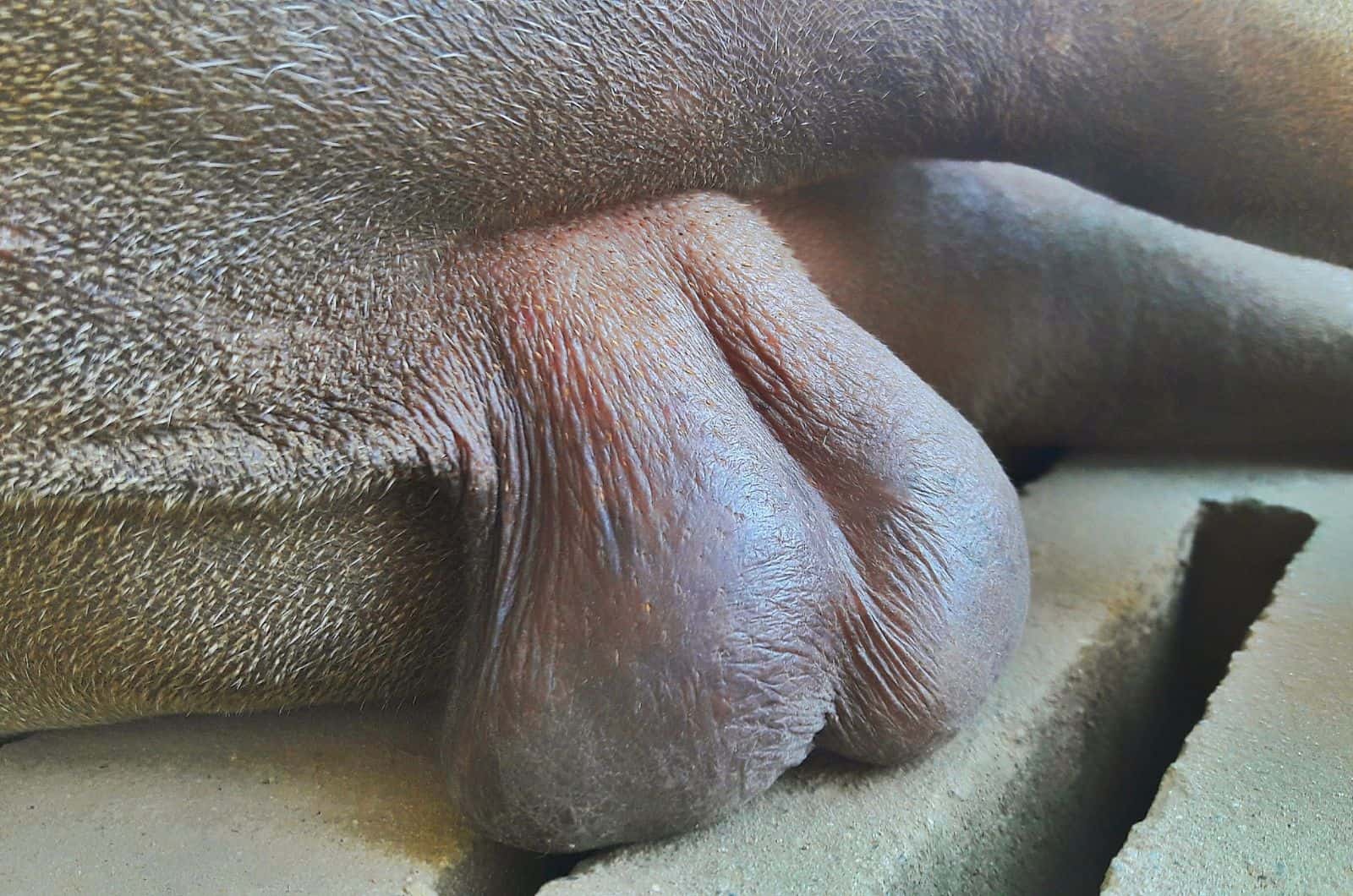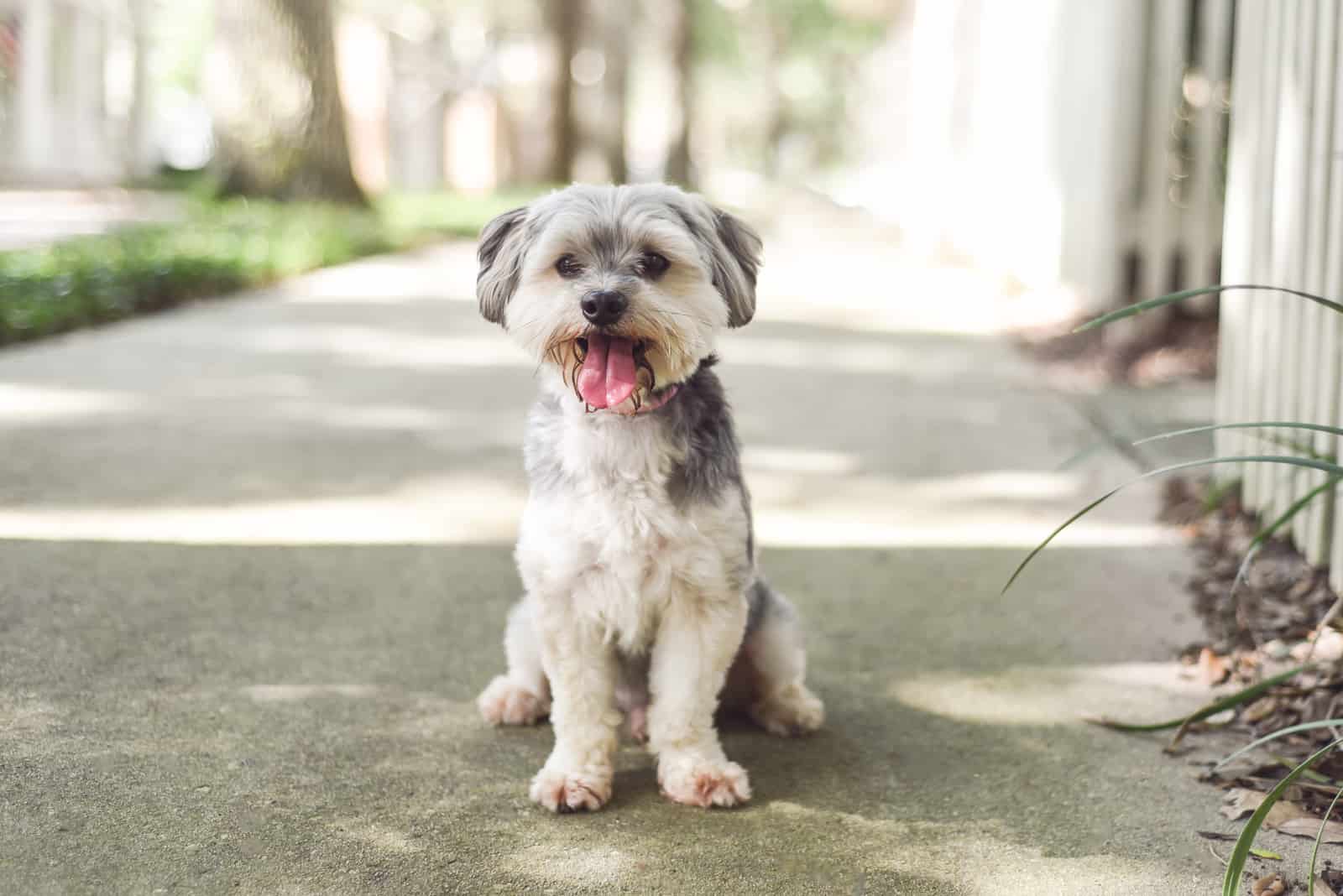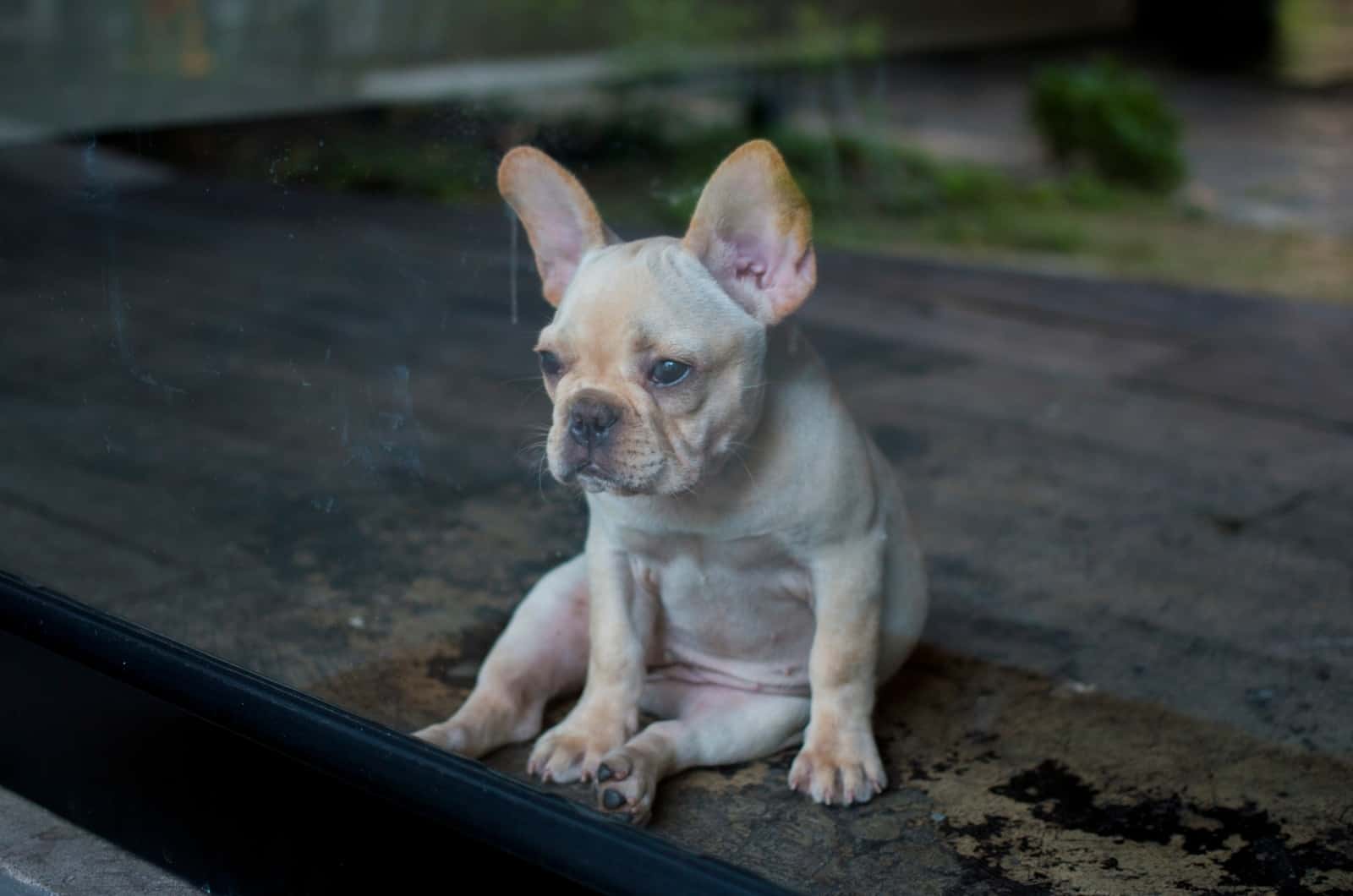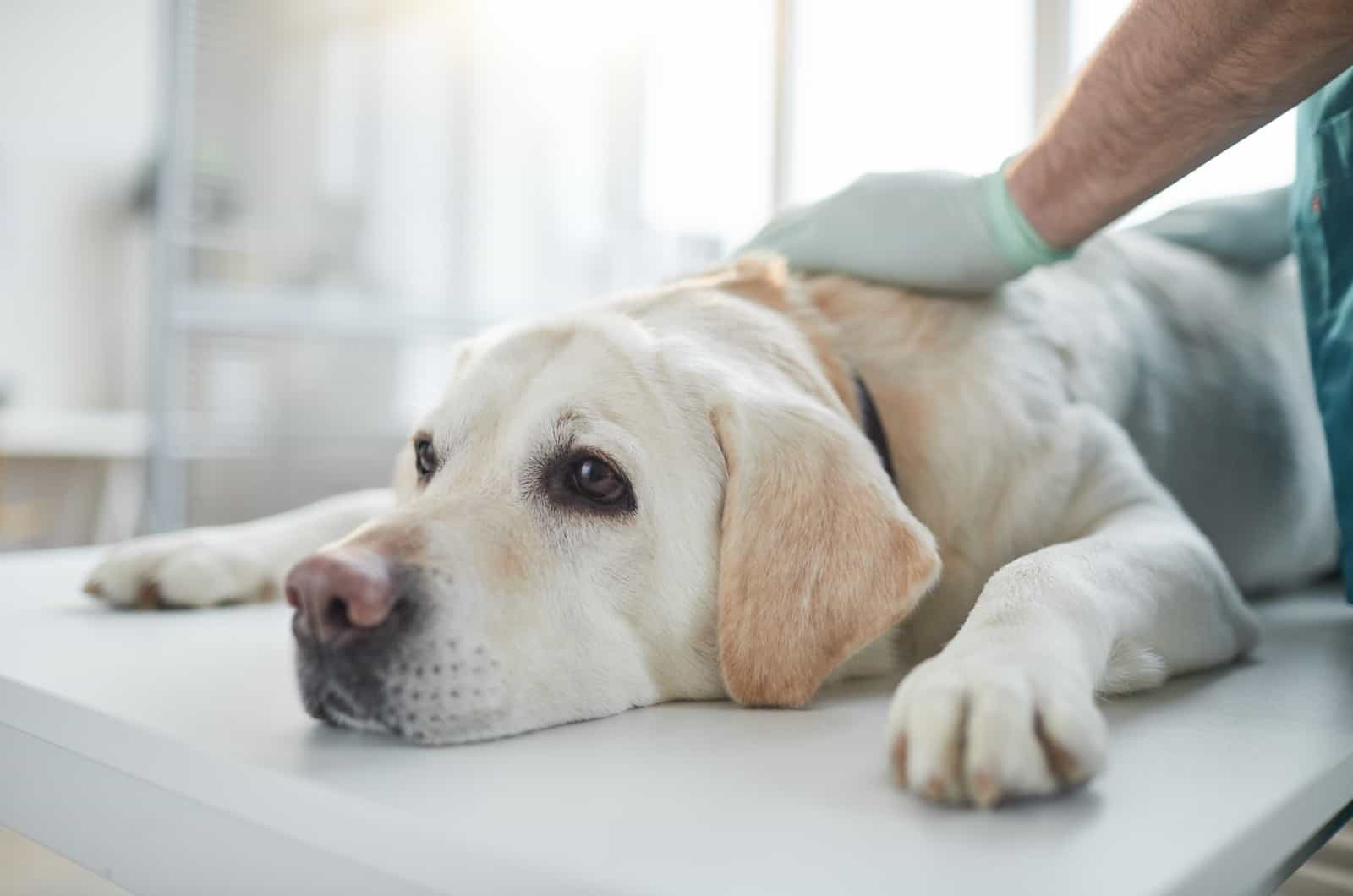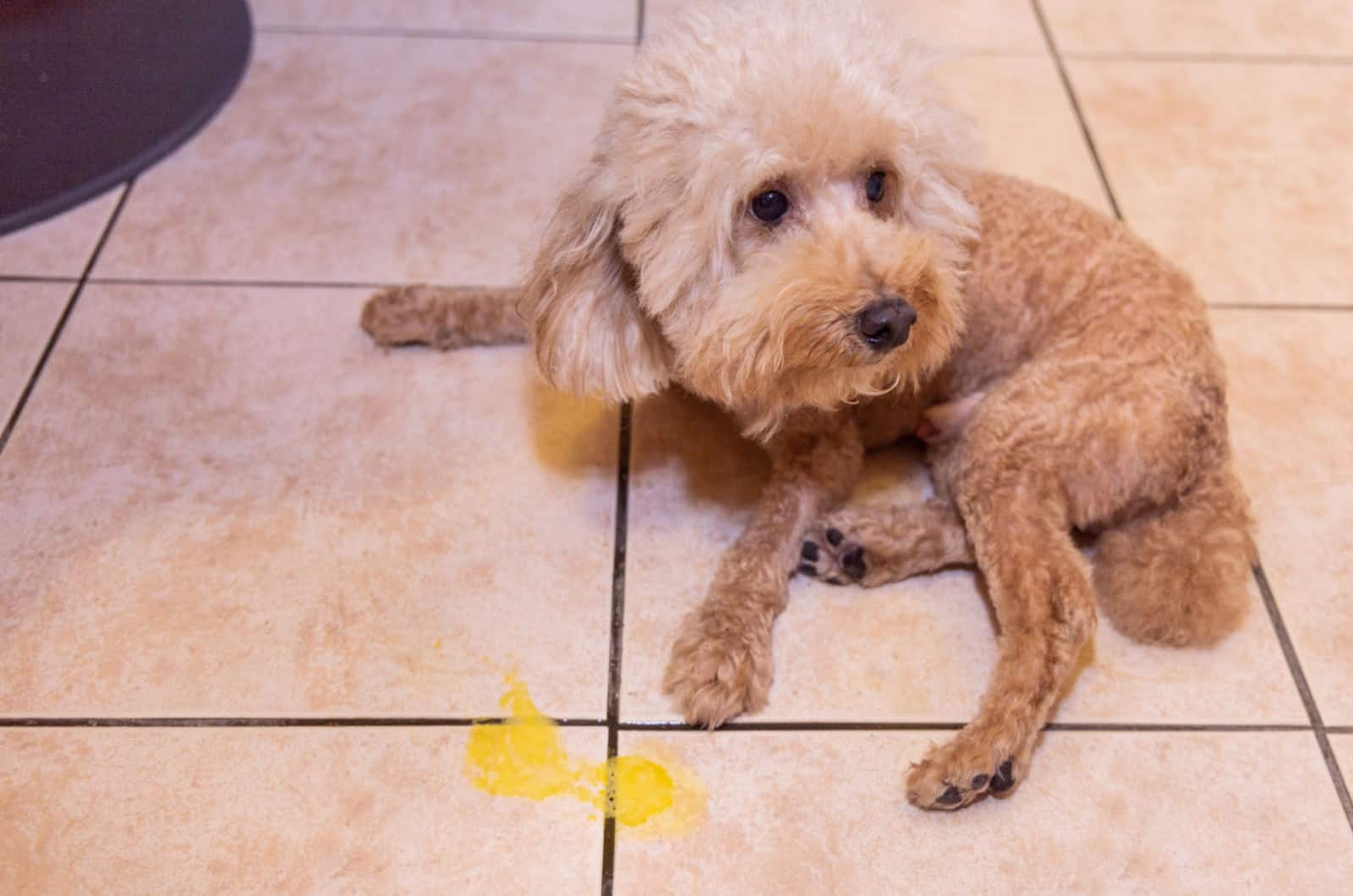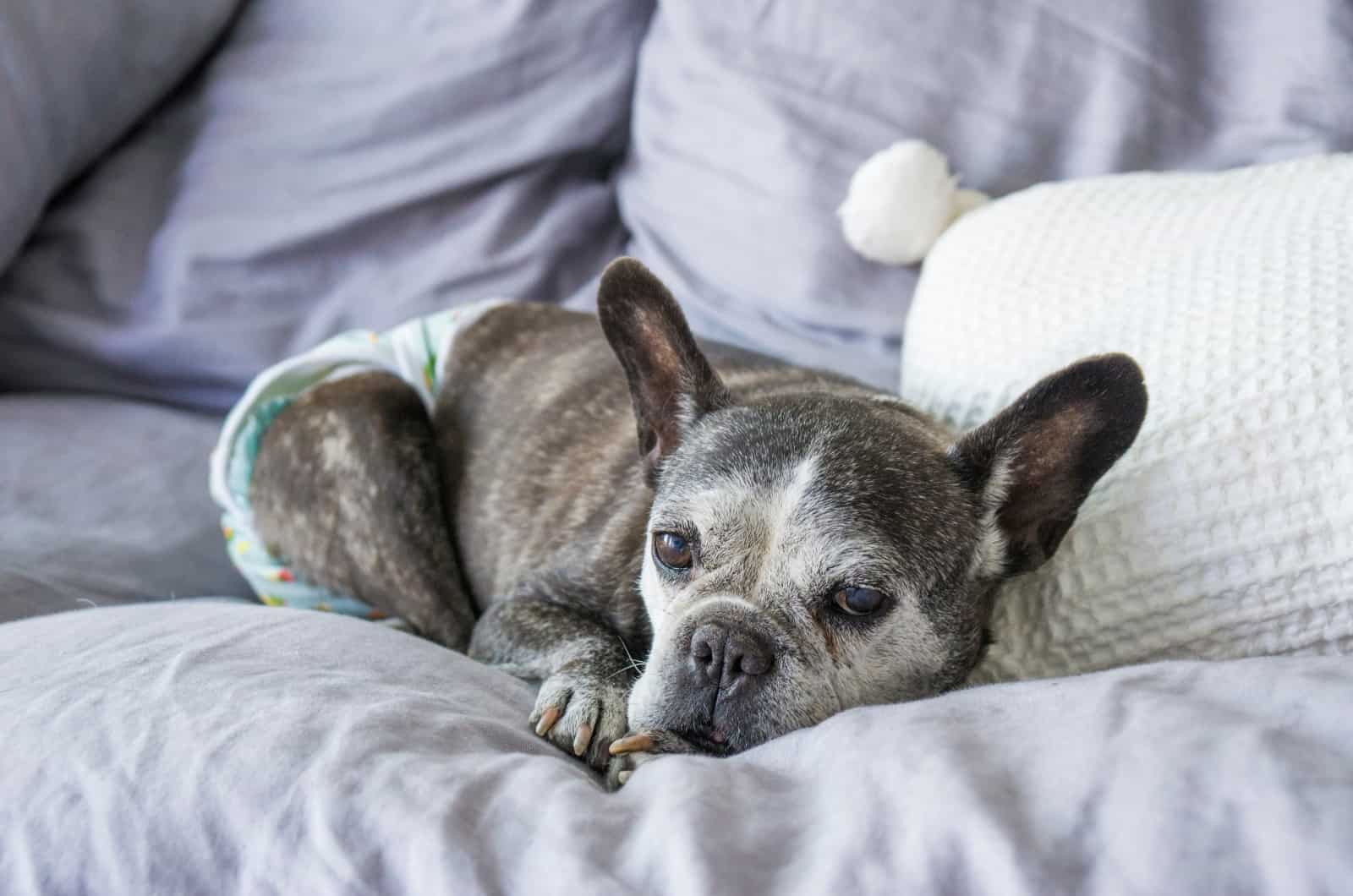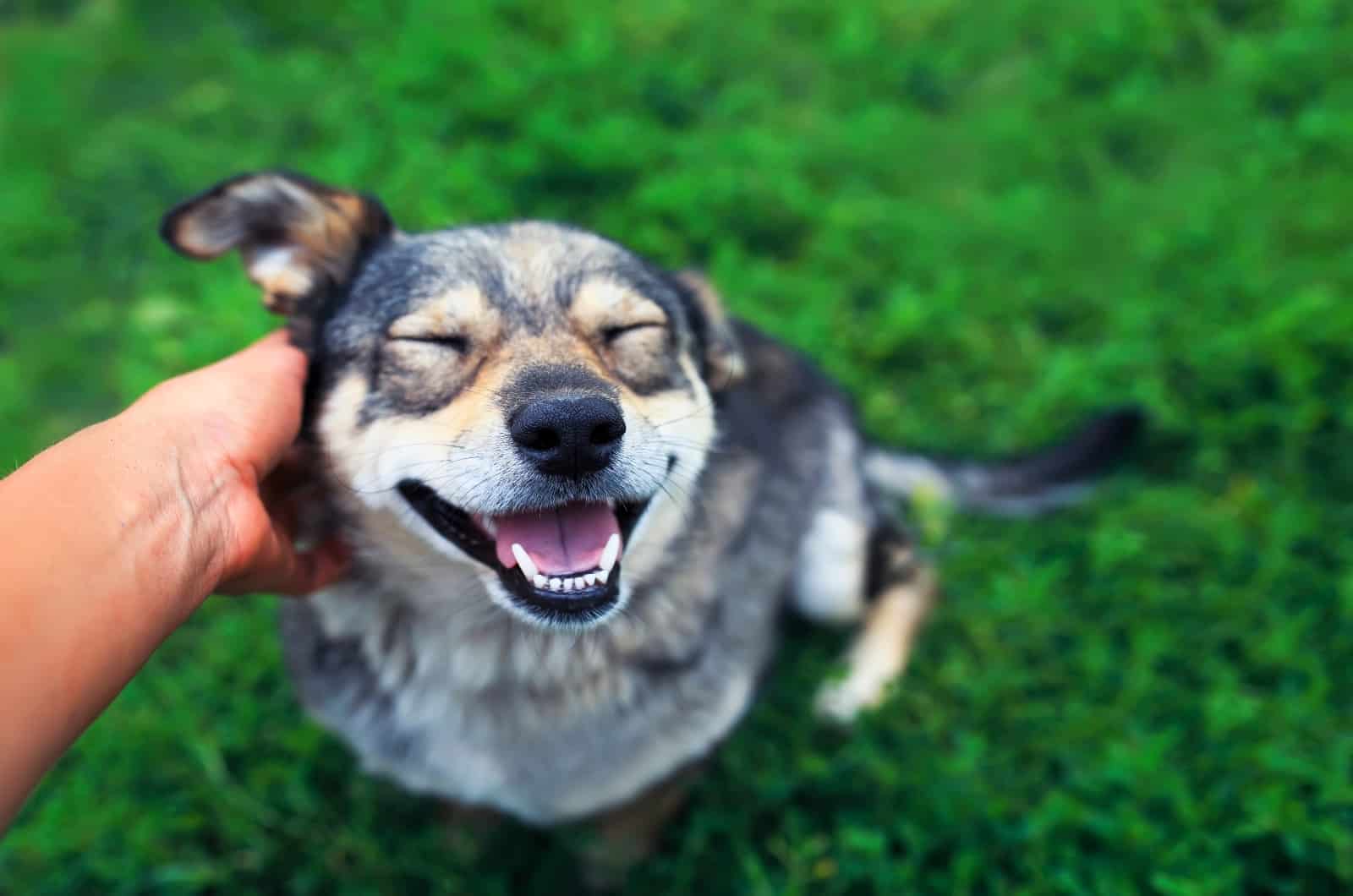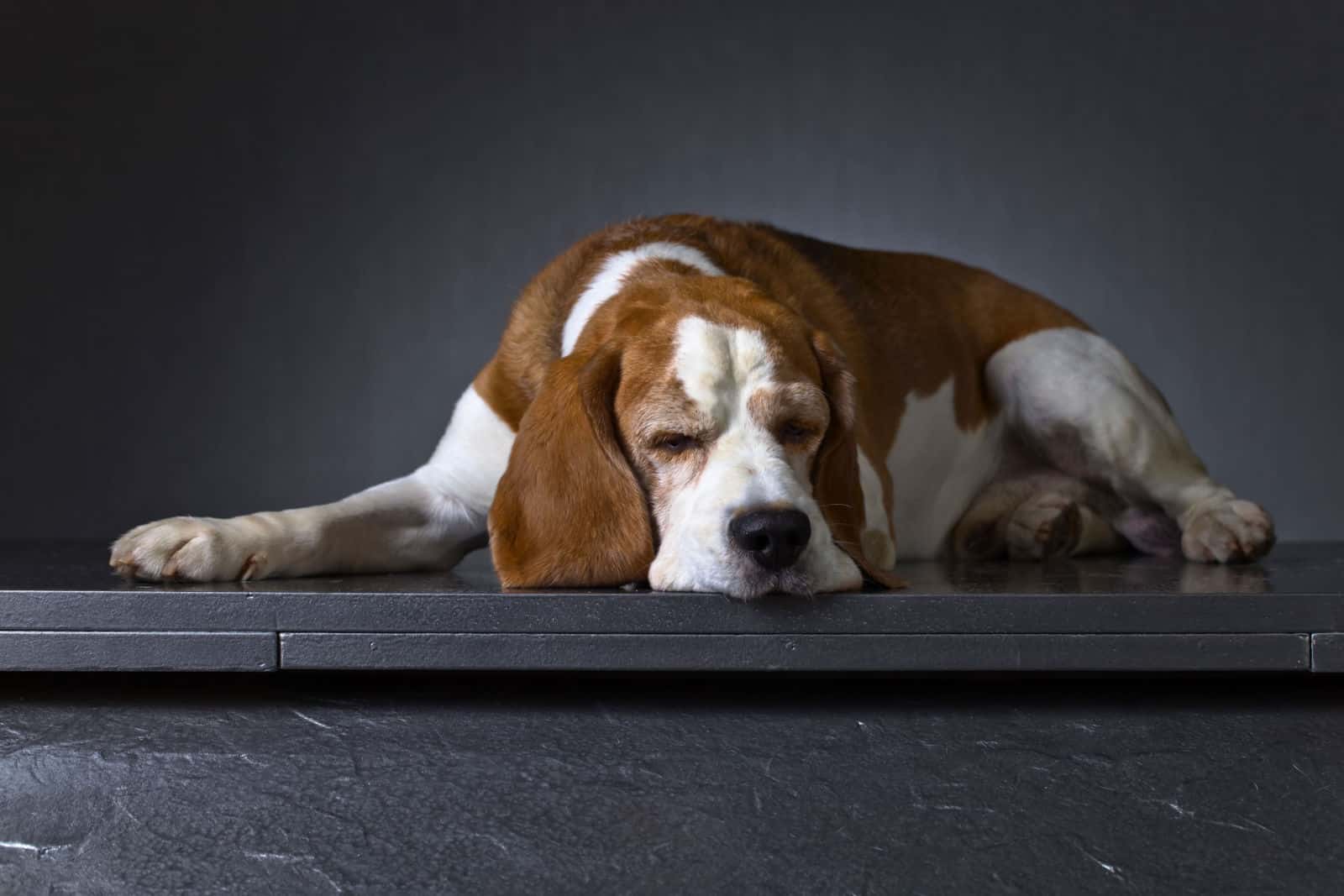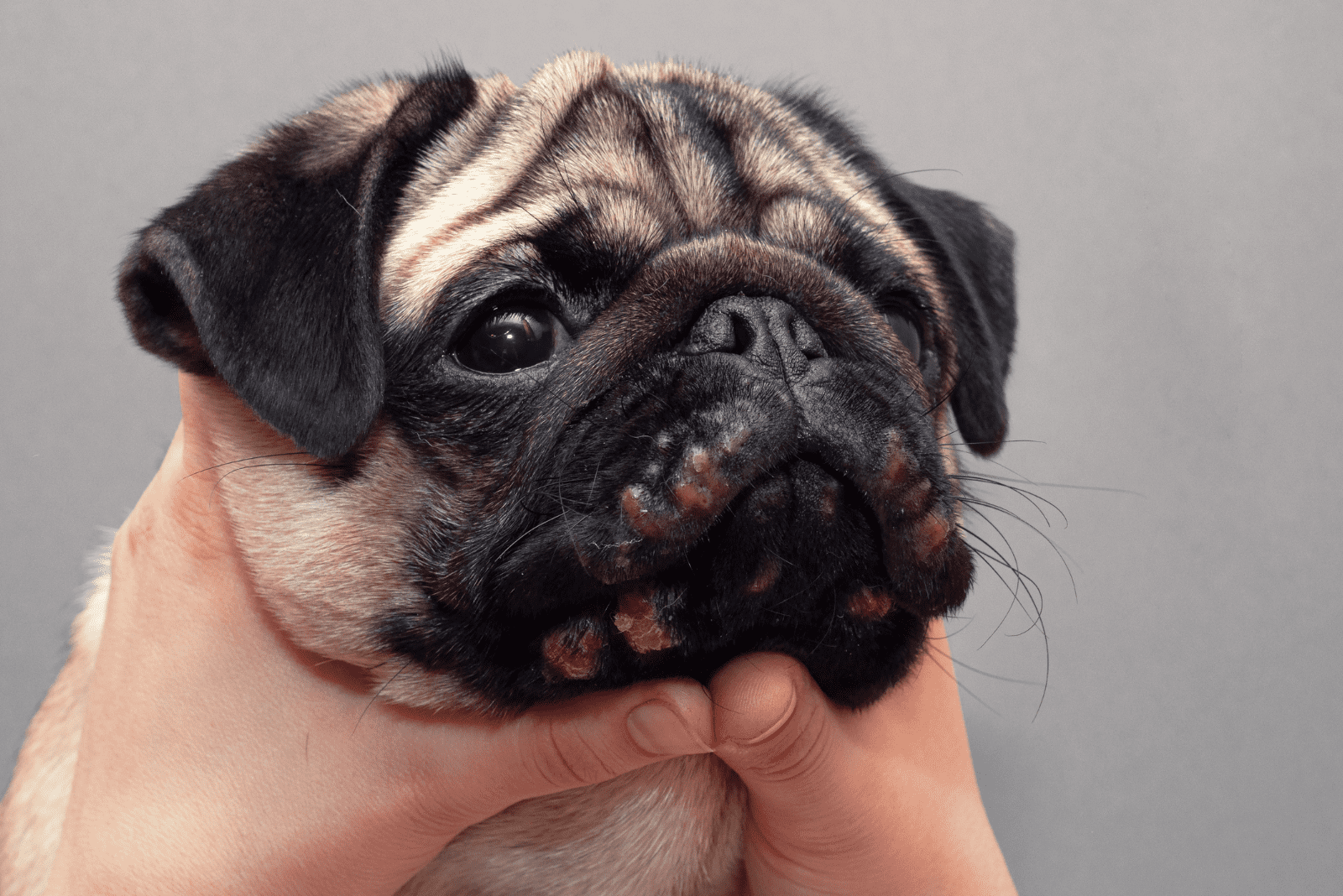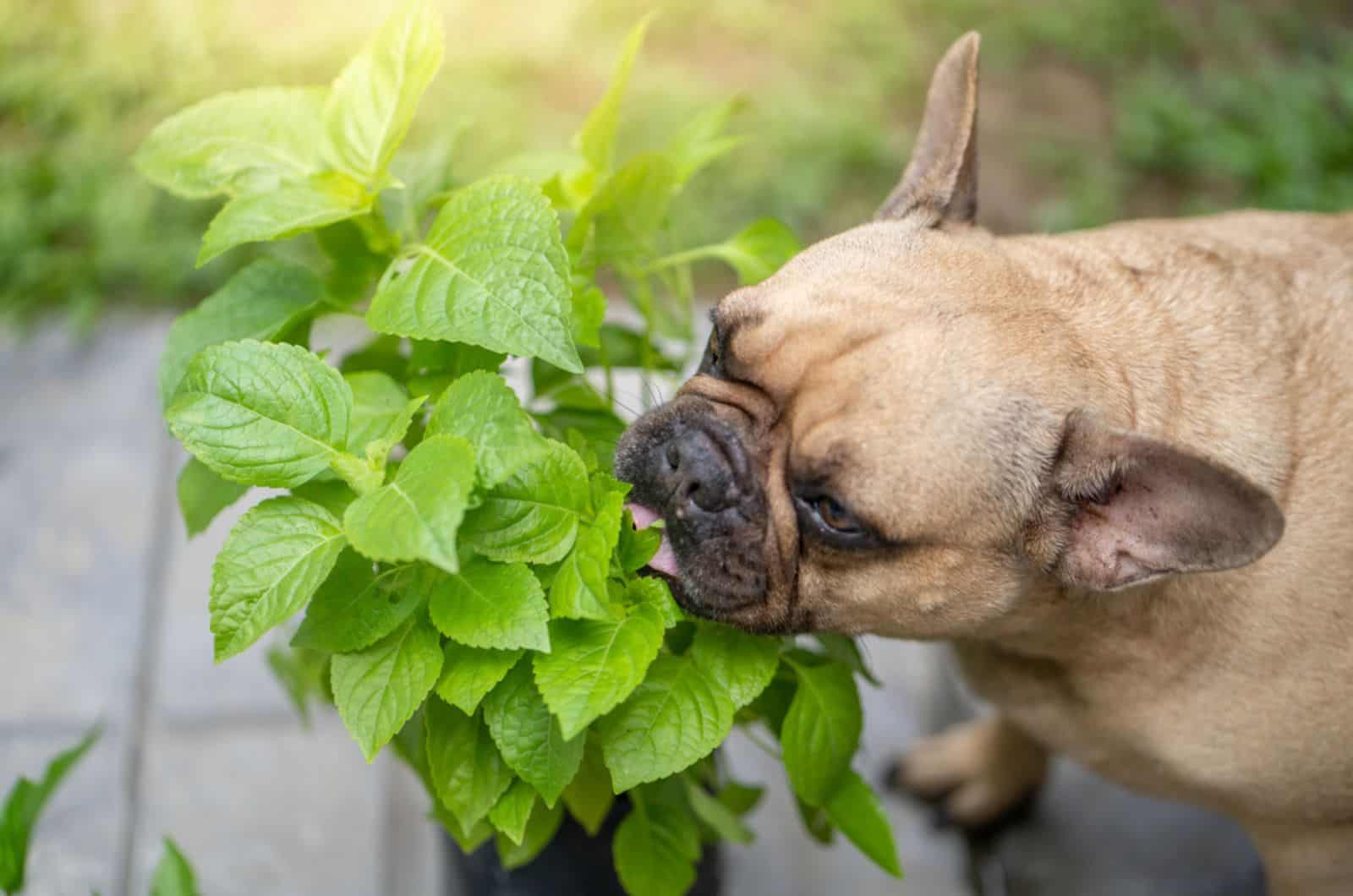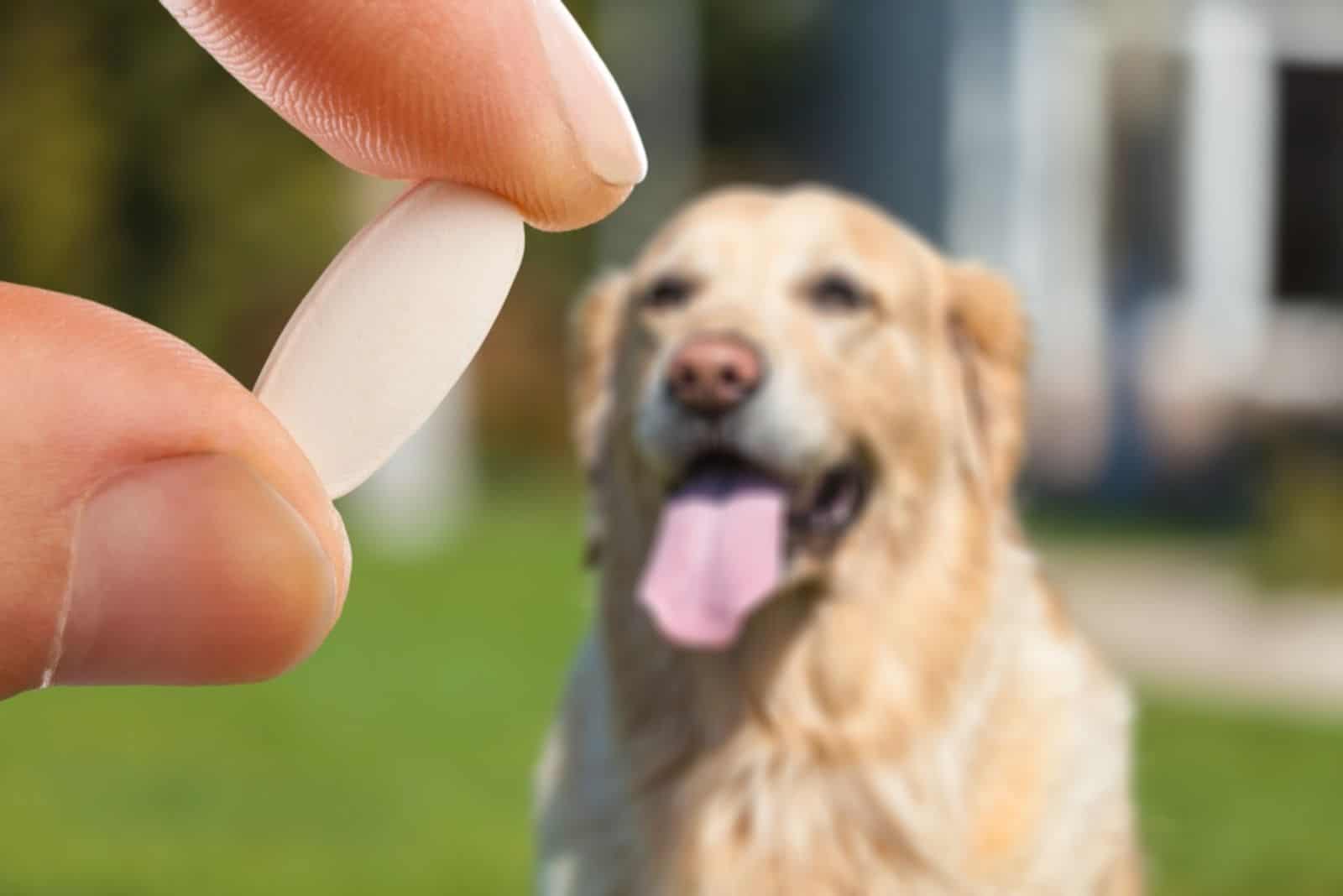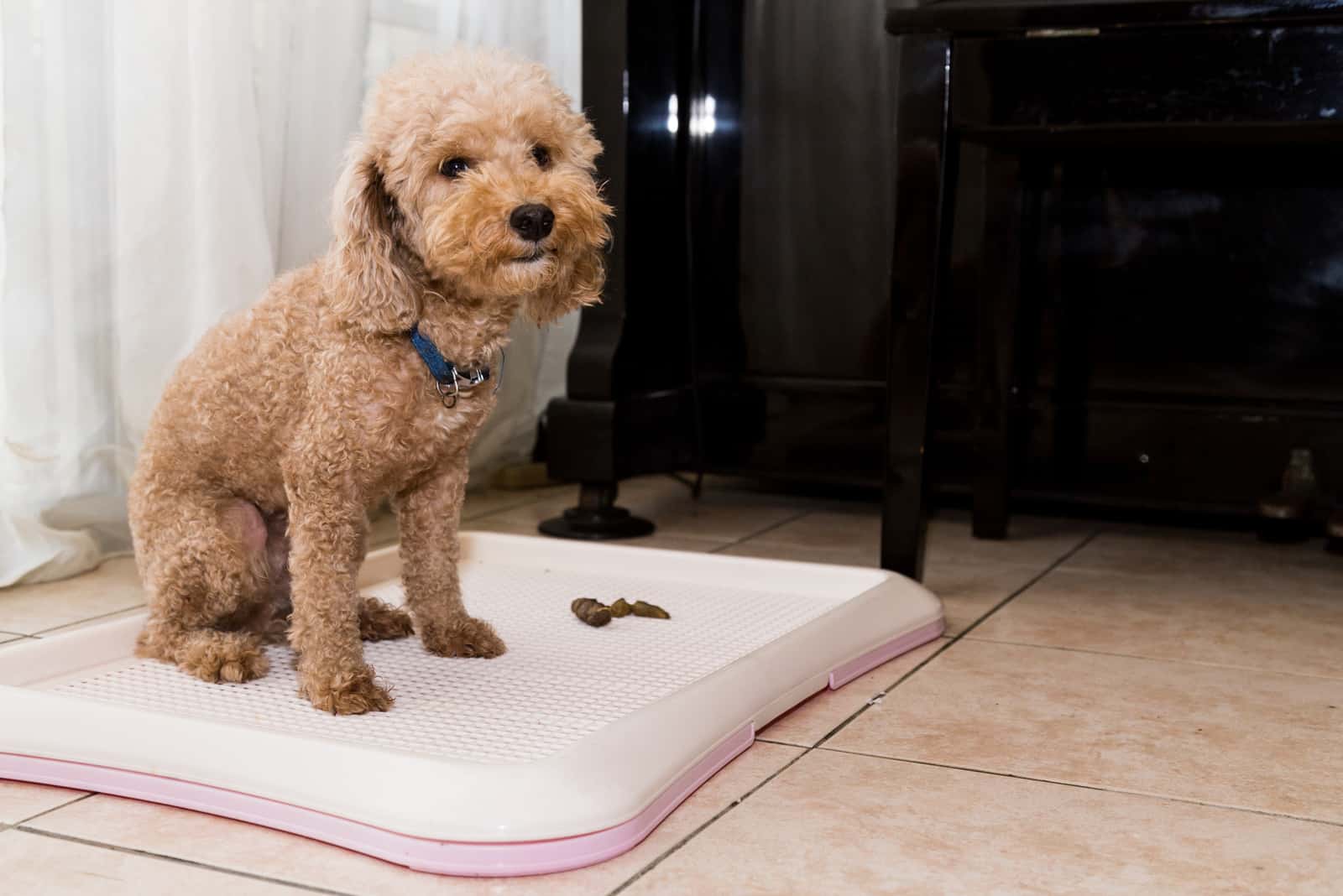Ah, life’s good!
Your new puppy is finally home, snoozing soundly in your lap. Everything seems alright. Tomorrow’s a new day and a new chance to enjoy living with your pup.
But, wait a minute? Something seems odd today! When was the last time Fido asked to go outside? Is that a puddle on the floor? And what’s that thing called puppy potty training regression?
Is it possible that your pup is going through a potty regression phase?
Yes, it’s possible and it can happen to any puppy.
One day you’ll have a well-mannered dog, and the next one a rebel will roam through your house, peeing everywhere.
What’s good to know is that this phase doesn’t last for long. But, it takes some time – and a handful of nerves – to correct it.
Don’t be afraid. PupVine will lead you through puppy potty training regression safely, all for the sake of your dog’s wellness.
What Is Puppy Potty Training Regression?
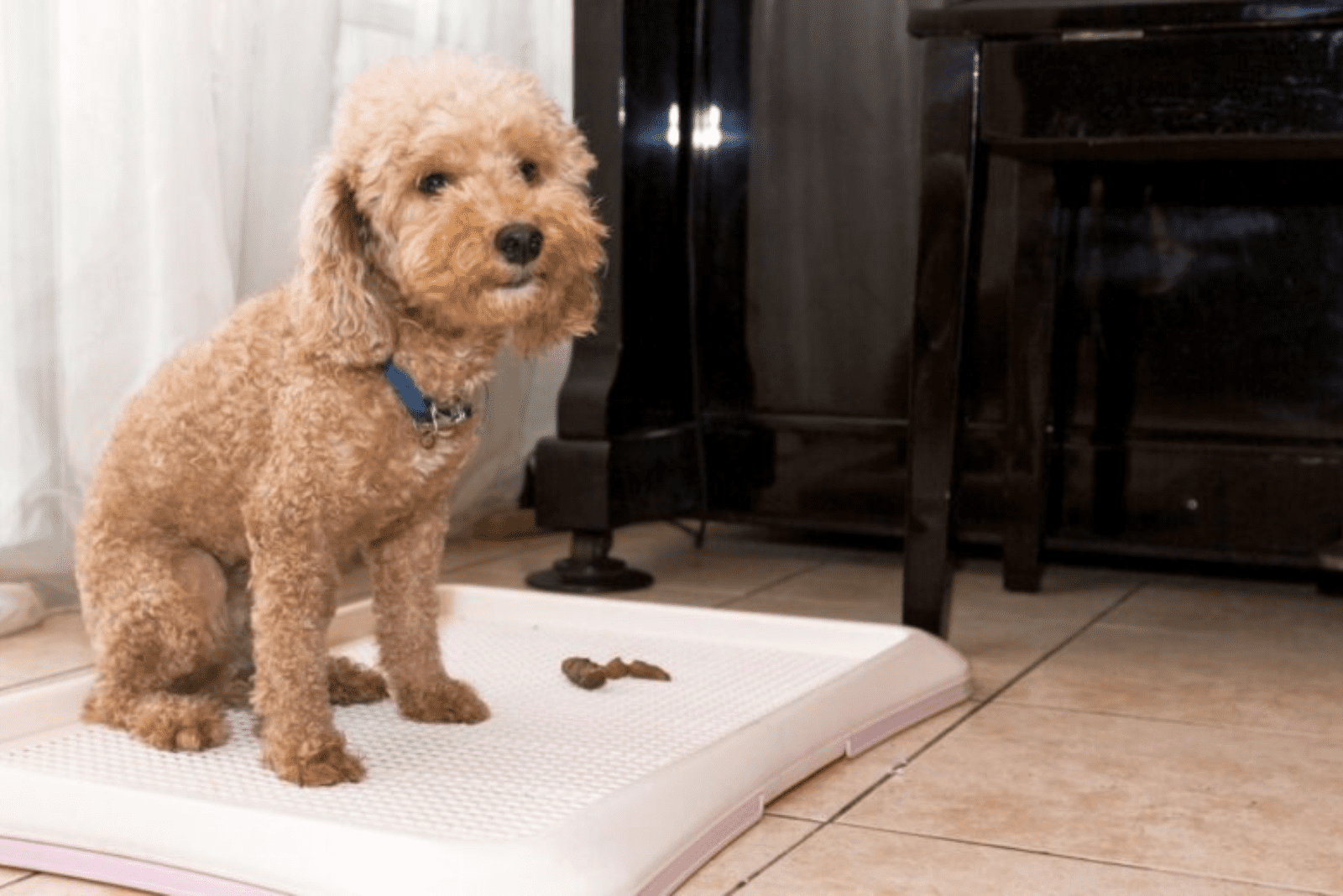
If you’re a first-time dog owner, then you definitely don’t have much experience in handling dogs, not to mention training them.
A lot of fresh dog parents decide to have their puppies potty trained by a professional. And that’s completely okay. Not everyone’s cut out to be a good dog trainer. Not everyone will succeed at teaching the puppies basic obedience and potty lessons.
If you have a chance, pay for professional training. A reputable breeder will usually offer these. But, if you can’t cover the cost of dog training, then you should hopefully have nerves of steel before starting to teach your pooch.
It will take lots of time, patience, and repetition to master the art of potty training.
I get how hard it is to see it all go down the drain.
But, don’t worry, puppy potty training regression isn’t something that strikes some puppies. It’s actually quite common, and you’ve got nothing to worry about.
When Does Potty Training Regression Occur?
Simply put, puppy potty training regression happens when a dog starts to show zero signs of being trained. All of a sudden, your puppy will start behaving like it’s never squealed in front of the door to be let out. Or, Fido will refuse to poop outside, but will relieve itself as soon as it steps inside the house.
When I say puppy, I truly mean puppies, as the regression strikes dogs of 4 months of age up to 12 months of age. After the first year, puppies older than 12 months are considered adults and if they’re not trained by then, it may be too late.
It’s extremely hard to train an older dog, and the chances you’ll succeed completely are quite low.
The good news is that regression can be just a phase of rebellion, and thus can be easily corrected.
However, there are some situations in which regression is a result of some severe conditions, from urinary tract infections to stress. I recommend you seek some general knowledge on which color a dog’s urine should be. We have urine color charts to help you out!
In the following few sections, we’ll discuss how to recognize puppy potty regression, how to deal with it, and learn what usually causes this behavior.
How To Recognize Your Puppy Is Going Through Potty Training Regression
Dog training is something a lot of dog owners put so much effort into. If you’ve decided to proceed with the potty training alone at home, you’ll definitely be frustrated if things don’t go as planned. Also, you’ll be extra disappointed to see your potty training wasn’t fruitiful.
Where did you go wrong? Could you do more? What kind of mistakes were made during the teaching process and is it too late to fix them?
The good news is that you probably did nothing wrong during the training. Most factors that cause puppy potty training regression happen afterwards, once you believe your puppy is potty trained.
It would be ridiculous to go back and start training once again, not to mention boring and tiring for your dog. But, you can check out what kind of symptoms of regression your puppy has and try to work from there.
Now, we’re about to discuss the most common symptoms of puppy potty regression.
Frequent Accidents
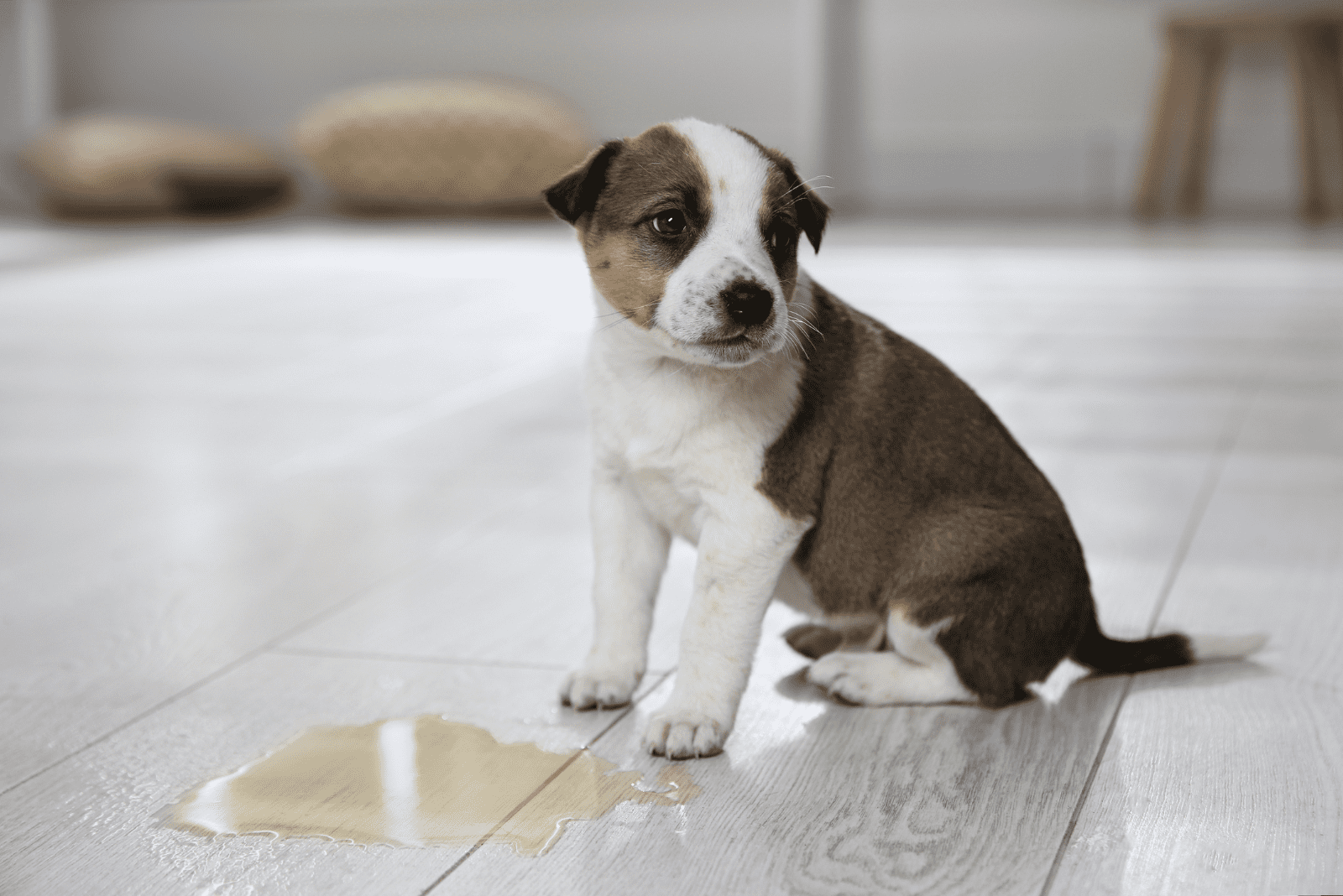
Accidents happen, but it’s not normal for a potty-trained dog to have so many accidents. It’s okay for your puppy to have an accident or two shortly after finishing the training. But, as your puppy grows, accidents should stop.
A well-trained dog goes potty several times a day, roughly at the same time. For example, morning and evening walks are a must for a puppy to go number one or number two. Depending on what you trained your dog to do, potty breaks can happen a few times during the day too.
But, you are supposed to be around for those potty breaks, especially if your dog is locked inside.
Sometimes, regression has symptoms in repeated accidents in one place. Usually, it happens behind the closed front door because your puppy wants to go outside and can’t hold it anymore. Your dog can poop inside the house, but only on pads and in special circumstances.
Also, these accidents seem to occur when you’re not around.
So, what to do in such a situation?
Grab an enzymatic cleaner and clean the area where your dog has peed or pooped. Even if you clean the area with other chemicals, your dog will still be able to sniff it. And, as you know, dogs go in the same place they usually go because they’re drawn by the scent.
The enzymatic cleaner will get rid of the smell so your dog doesn’t go back to the same place in the house.
Night Potty Breaks
Puppies normally don’t go potty during the night. If you want to train them the right way, the last potty break should be before they go to sleep. That’s why it’s called training, after all.
A well-trained dog can easily go without potty breaks for several hours overnight.
But, what if your pup can’t hold it anymore?
Does your pooch wake up in a wet crate? Does it squeal so much it wakes you up?
Yes, that’s a clear sign of puppy potty regression.
Night accidents are quite frequent for young puppies because they’re still learning. Also, night time is the time when they feel alone, and those feelings can be manifested through potty accidents by night.
What you should be able to tell apart are potty accidents and severe conditions that may affect your dog’s health, such as puppy diarrhea at night.
No More Potty Signals
A lot of dog owners are very proud of teaching their dogs to ring a bell when they have to go outside. It’s quite simple: you place a bell by the door so your dog can reach it.
I have to add, those owners should be proud of teaching their dogs these signals. I understand why they get so frustrated when their dogs stop ringing the bell, or scratching the door.
Puppies stop showing potty signals when they’re going through potty regression.
This change happens all of a sudden, and you’ll easily figure it out. One day you’ll be like: “Why isn’t my dog ringing that bell anymore?”
Walks Are For Potty Time
So, how often do you walk your dog?
A lot of breeders have puppies outside, letting them play as much as they want. Well, a lot of good breeders. But, once the puppy gets adopted, playtime can’t last all day long. You have responsibilities, and your puppy needs to know that.
One of the first lessons you should teach your new puppy is that potty time happens during walks. Trips to the park where your pup gets to play with other dogs are something else. Potty breaks should be short, just long enough for your dog to do its business and stretch its legs.
When a puppy goes through potty regression, it begins to ignore the potty needs and demand playtime instead. Basically, your puppy will think you two are going to play everytime you go outside.
What Are The Factors That Affect The Puppy Potty Training Regression?
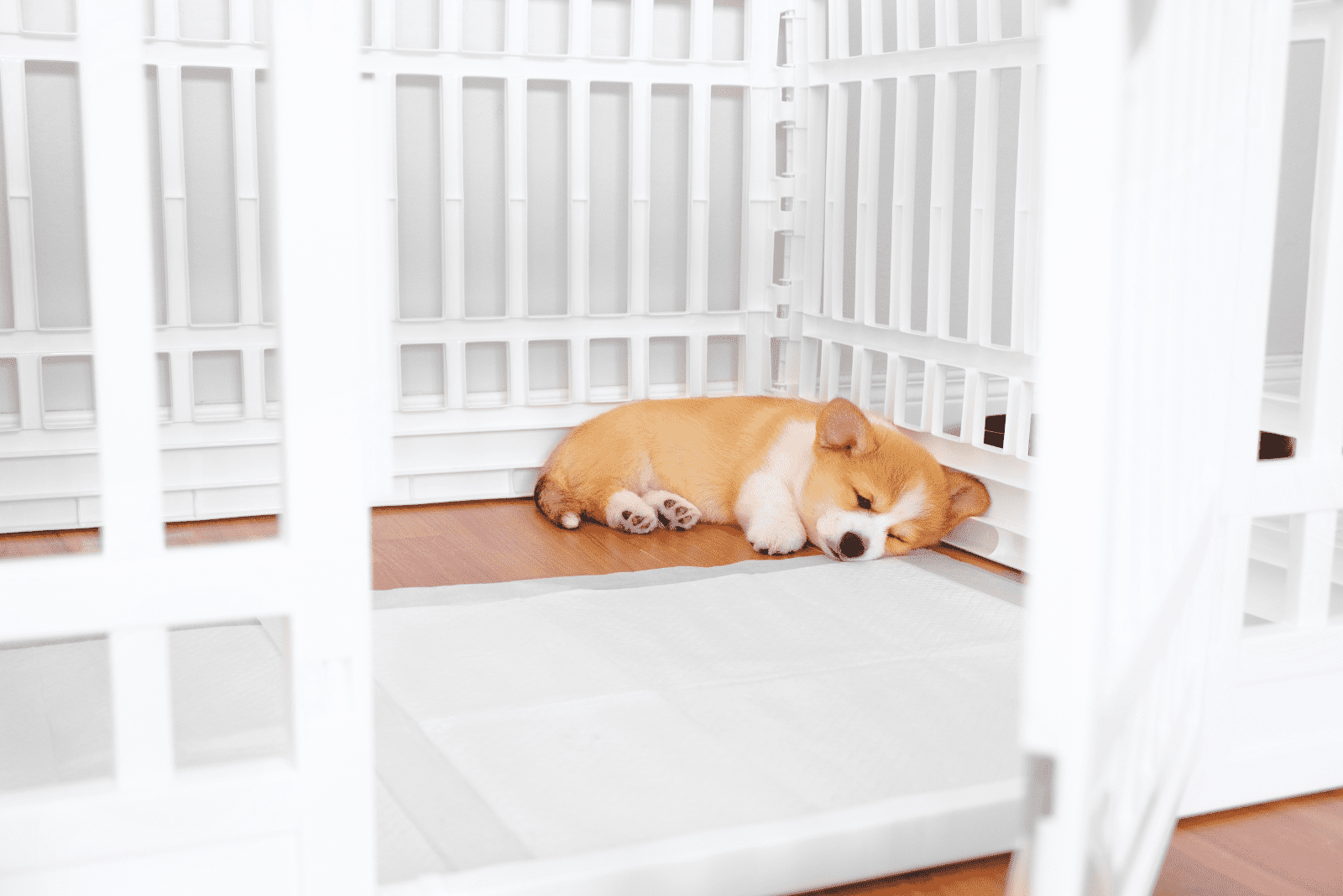
There are numerous factors out there that might affect your puppy’s potty training regression. Usually, it’s some sort of an outside trigger like a change of routine. However, sometimes there may be a hidden health condition behind it.
Usually, these factors are pretty controllable and you shouldn’t have any issues fixing them. But, some take time.
To ensure you’re prepared, these are the factors that may affect the puppy potty training regression.
Change Of Your Routine
Dogs like to have a routine.
Oh, who am I kidding? We all love to have a routine!
But, puppies are more sensitive to routine change than others. Even the slightest shift in your daily practice can cause your puppy to experience potty training regression.
Anything can be a disruption in the routine. If you notice your puppy is having more and more accidents each day, ask yourself a few questions. Did something change in the past few days? Did you get a new job, or maybe brought home a new pet or a baby? That can be the trigger too!
A change in their daily activities, even if you only change the park you usually go to, may cause regression. Some dogs are just more sensitive than others.
If your pooch is a sensitive soul, try to teach it to embrace the change. Change can be good. Don’t walk tippy toes around your puppy so it doesn’t experience a stressful event. You guys can’t live like that.
Separation Anxiety
One of the most common conditions dogs experience is separation anxiety. It affects dogs of all breeds and ages, but it usually starts when the puppy is still young.
Basically, separation anxiety is a condition that occurs when you leave your dog alone at home. Your dog will become anxious and restless, waiting restlessly for you to come home. In most situations, the dog will act destructively too.
Many dog owners come home to destroyed slippers or sofa pillows. That’s a clear sign the dog didn’t know what to do with itself because its owner left. Those dogs aren’t only bored, they’re afraid too. The panic makes them do things they wouldn’t normally do.
That’s why you need to find some ways to entertain your dog while you’re not there.
To curb separation anxiety you need to put your puppy through house training once again. Your little Fido must learn which behavior is appropriate in the house, and which is not.
Crate Time
Sure, crates are helpful, but they’re not that great on a long-term basis. Not every dog owner will choose a crate or crate training, because they believe it’s cruel to lock the dog in a small cage.
If you really must use the crate, make sure you follow a schedule. It’s not okay for your dog to spend too much time in a crate. As a rule, puppies can spend one hour more than their age without going potty. Imagine holding your four-month old pup for six hours locked in a crate.
That’s insane! They need to move and they need to go outside. Period.
Crate time can significantly affect puppy potty training regression, so think again: do you really need to crate train your pup too?
Inner Changes
By the time your puppy turns four months of age, significant changes will begin to occur inside of them. Basically, its brain chemistry will change and your pup will be one step closer to becoming an adult dog.
These changes will make your dog behave differently. Their old habits may be gone, but unwanted behavior may kick in. I like to refer to such puppies as pre-teens. Being problematic is just a part of them growing up.
But, don’t let this become a habit. Curb the unwanted behavior before it’s too late and those potty accidents become normal for your dog.
Health Issues
Dogs of all ages can get certain medical problems that may affect potty training.
If the problems persist, you should have your vet check on your dog. Conditions like Urinary Tract Infections can cause mishaps. If your dog seems to be running to do number one all the time, then it’s probably suffering from a UTI.
Going number two too often can mean your dog may be having issues with parasites. Worms can significantly affect your dog’s health, cause severe issues with its digestion, and make your dog feel very weak. You’ll also notice your dog has worms if it licks its behind too often.
Also, Inflammatory Bowel Disease is often a reason why your dog’s regression seems to have no ending. Not to mention allergies that come from poor quality dog food.
Basic Tips On Puppy Potty Training
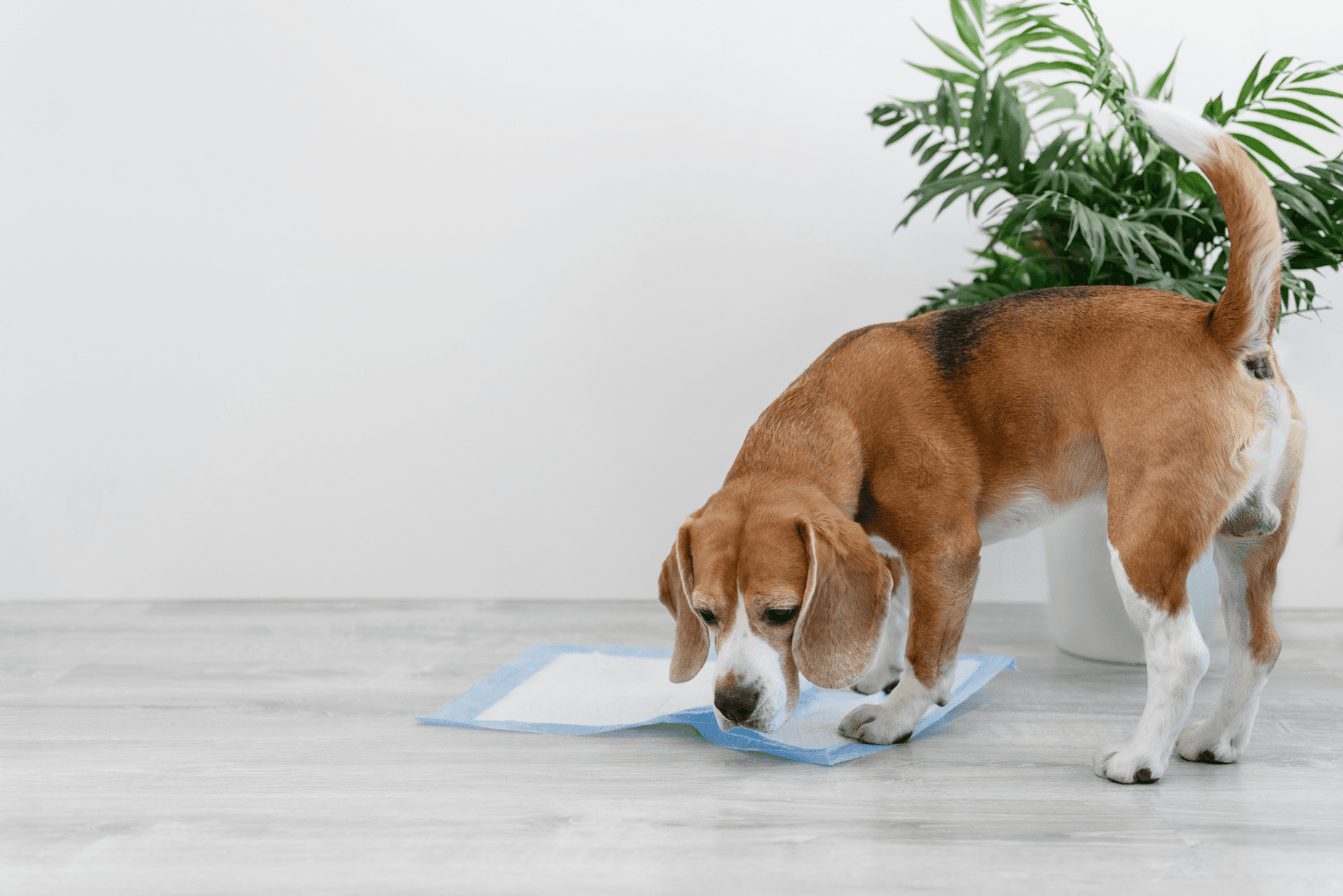
You might be a new pet owner, but you’re not the first owner of your puppy. The breeder was the first. The breeder taught the entire litter how to behave around other dogs, when it’s time to go potty and when not.
Most good breeders are also certified dog trainers or CPDT-KA, Certified Professional Dog Trainer and Behavior Specialist. They will include potty training and whatnot into the initial purchase price. But, the training process doesn’t always go as planned.
When the puppy arrives at its new house, chances are it will experience a significant change in its daily routine. The potty training it received might not be good enough to stick around. Such dogs need retraining.
After all, you’re a new pet parent, and your puppy is your family member. You must ensure you have a well-functioning puppy.
If you’re starting from scratch, or simply retraining your pup, here are some basic potty training guidelines.
A Potty Schedule
Having a potty schedule can be tiring for the owner, but this is one of the most helpful training tips. Bathroom breaks for your puppy should be organized around your pup’s routine. Every puppy should go outside first thing in the morning and the last thing in the evening.
Every meal should be followed up by going outside to poop or pee. You never know how fast those bowels move!
Also, crate or kennel time requires potty breaks too, as well as waking up from naps.
There should be no breaks in the middle of the night. If those keep on happening, you can’t blame it on the fact your dog is still developing, especially if it’s an old puppy. Night potty breaks can be a sign of some medical conditions like incontinence.
Using Puppy Pads
Going outside many times for your dog to go potty isn’t always an option. The weather might be too harsh for a small puppy, so it’s better to use some sort of an aid.
Lots of dog owners decide to introduce puppy pads as a helpful tool for their home training. Basically, you’re introducing a special spot in the house where your little pup can pee or poop. Your pup will always sense where it went the last time.
Unfortunately, if you notice your puppy peeing outside the designated area, you must curb that behavior and clean it with special enzyme cleaners, so it doesn’t go potty there again.
Positive Reinforcement
Even dogs that go through house training regression deserve praise. Positive reinforcement is the way to go.
Simply put, you should make a big deal out of everything your puppy does well. This includes word praises like “good boy or girl”, dog treats, and tummy rubs. Your dog should feel how ecstatic you are about seeing them go potty in the right place. Nothing makes a dog owner more proud than a successful defecating action, right?
Positive reinforcement also means you shouldn’t punish your dog for going potty in the wrong place. Just clean it up and start with the training once again.
It takes time to go from puppy regress to puppy success!
Dos And Don’ts Of Puppy Potty Training
We live in a pretty awesome era where you can buy an e-book and find out everything you want about a specific niche. Yes, that means you can learn about potty training dogs from the comfort of your home.
You don’t have to be a professional to go through potty training and retraining with your puppy. Just follow the basic guidelines.
Every good training regime starts with positive reinforcement. No matter how frustrating training is, you should always try to reward your dog for doing anything good. There’s no place for yelling at your dog, not to mention for hitting them. Your little four-legged friend will never forget you if you hit them!
How would you feel if someone bigger than you used force to teach you something? You definitely wouldn’t learn a thing. Well, your dog won’t either.
The biggest don’t of potty training and retraining is using harsh methods.
However, you shouldn’t panic. Your dog feels it too. So what if your dog pees on the carpet sometimes? Okay, I get that it’s difficult to clean puppy diarrhea out of the carpet, but that’s just a small mistake. With lots of training and positive reinforcement your puppy will remember its training.
Back in the past, people were too strict with puppies. Enforcing harsh methods, punishments, and yelling were a basic part of any home training. Good thing those days are finally over.
To Sum Up…
Now that you know what puppy potty training regression is, you don’t have to be scared anymore.
Yes, I realize it’s annoying, frustrating, and whatnot. But, at least you know why it happens and how to fix it. You don’t have to hire someone as a sitter to spend the time with your dog when you’re not around.
Unexpected accidents around the house can be a sign your dog is simply misbehaving, or is bothered by something bigger, more severe.
What I urge you to do is to have your dog checked by the vet once you notice the first signs of puppy potty training regression. Your pooch may be experiencing some medical issues and should be treated before it’s too late.
Also, I highly recommend you work on your dog’s mental health. Maybe Fido is feeling lonely or depressed. Maybe they’re living stressful days because of a certain change in a routine. Be there for them. Find the root of the regression issue, and you’ll know how to address it.
A happy pup is a pup without any issues. And a happy pup means a happy owner.
Read Next: 10 Reasons Why Dog’s Balls Are Red & How You Can Help

